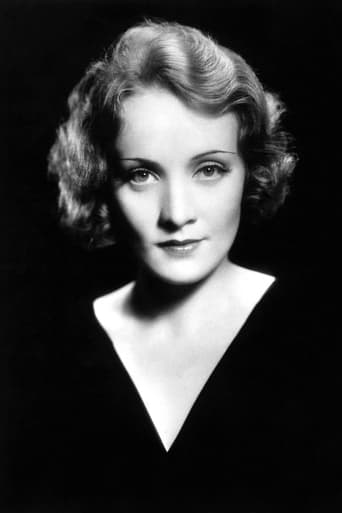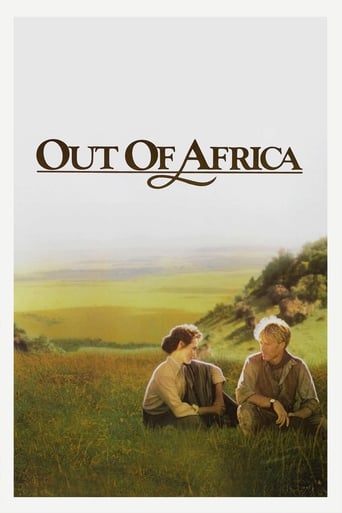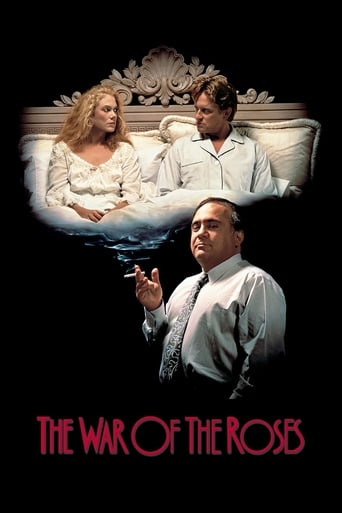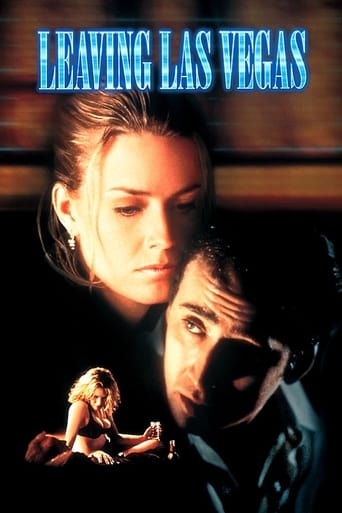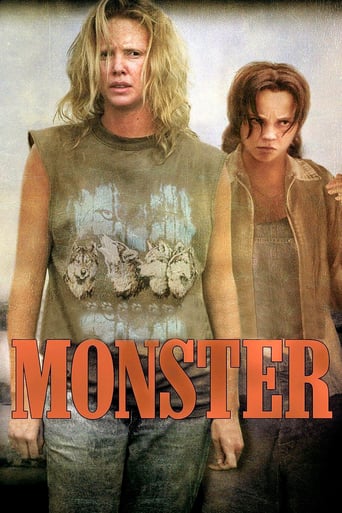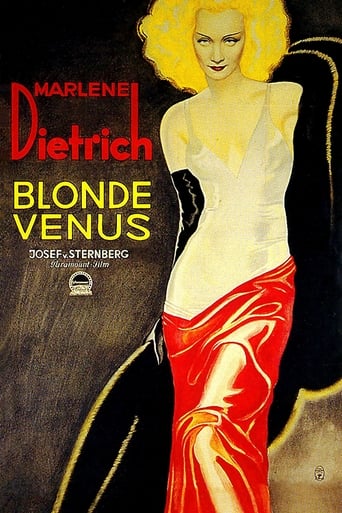
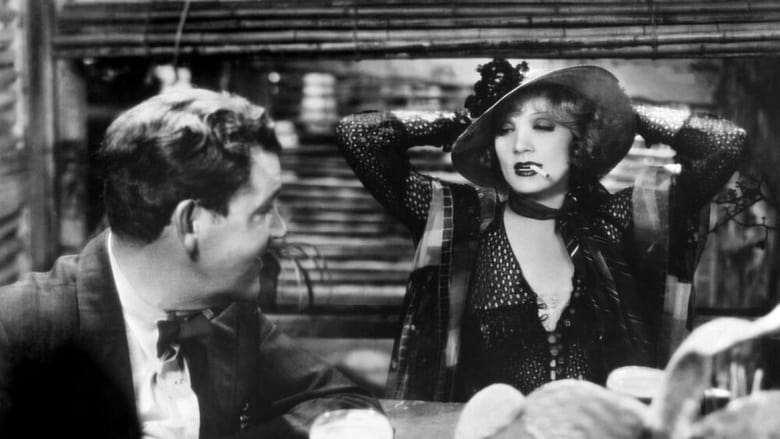
Blonde Venus (1932)
American chemist Ned Faraday marries a German entertainer and starts a family. However, he becomes poisoned with Radium and needs an expensive treatment in Germany to have any chance at being cured. Wife Helen returns to night club work to attempt to raise the money and becomes popular as the Blonde Venus. In an effort to get enough money sooner, she prostitutes herself to millionaire Nick Townsend.
Watch Trailer
Cast


Similar titles
Reviews
Von Sternberg must have been railing lines of coke when he came up with this soapy drivel. Look, you've got Marlene under your thrall. Put her in some movies where she can sing a bit, show her legs a bit. Can't be that hard. What you don't have to do is create a movie with more plot points than an entire season of Breaking Bad. I mean, one minute she's crawling through a Mississippi flop house, the next scene she's in a white tux singing French to the French. On the other hand it is beautifully photographed. Marlene, well, even when she's on the lam, staying in a rooming house with chickens, she's the hottest thing in movies. I mean, holy smokes, look at the way she brushes the pigeon off her shoulder. I had trouble deciding which male lead I wanted to punch in the face harder: the sap Faraday (Marshall) or the obnoxious Townsend (Grant). I can't see how Dietrich's character could have spent more than 10 minutes with either of them. Dietrich deserved better writers.
Oh dear, only a couple of years on from the brilliance of The Blue Angel, Sternberg is back in the US and all the innocence has gone. All that beauty and charm, the wondrous and sexy costumes, the natural movement and the free actions, the whole 'I can't help it', has gone. Dietrich is all spruced up and got to act all 'mummy'. Needless to say there would have been problems with the Code but if the lovely, seeming, naked bathing at the start were allowed, surely there was no need to pile on the sentimentality so crudely. I guess it is clear she sleeps with Grant for money at the start and has to be seen to 'pay for it' but then why oh why have her go back to playing 'mummy' at the end? Very sad. The film itself as melodrama is okay, I suppose, but it could and should have been much more.
Josef Von Sternberg's films of the 1930s are some of the most unique ever made. Sternberg was one of the most promising directors of the 1920s, but of course there was a paradigm shift with the advent of sound near the end of the decade, causing most filmmakers to abandon the experimental cinematic techniques so instrumental to the most successful silent films. Dialogue heavy films in which visuals took a backseat to plot and characterization became the norm. Sternberg seems to have been the only director to integrate sound successfully into his normal filmmaking routine without completely changing his style. Thus, in a film like Blonde Venus Sternberg still employed his slick editing techniques and Impressionistic camera tricks such as superimpositions. As simple as this sounds, it's quite off-putting to see a film like this when expecting the relatively primitive filmmaking techniques of the popular films of the 1930s. While Sternberg naturally evolved his style and progressed through the '30s in his own way, nearly every other filmmaker regressed to a more stagy film style. It's for this reason that Sternberg's films of the 1930s look so different: this is an offshoot of film evolution that unfortunately didn't have much influence on contemporary films; what you see when you watch Sternberg's films from this era is the style that films could have moved toward if the retreat to the old dramatic forms hadn't occurred. So, what makes Blonde Venus off-putting? Well, in spite of its relative lack of length (it's only ninety-minutes long) a lot of ground is covered in this film. There's a love triangle established early on which is resolved almost before it's fully formed and the plot doesn't slow down as a character goes from riches to rags and becomes a fugitive from justice in just a few moments; in fact, things just speed up from there and in twenty minutes or so there's a manhunt that stretches across several states, several close brushes with the law, and a dramatic showdown about child custody before the character hits bottom, heads to Europe, and quickly vaults back to riches again. This is the sort of plot that would never be told in less than twice this amount of time today, in fact I've seen entire seasons of television shows with less plot packed into them. Throughout all this, Sternberg's visual panache guarantees the viewer's interest and, at the same time, narrative coherence is easily maintained. There's even some good thematic material here about self-sacrifice and women's roles in the period. Like most of Sternberg's films from this decade, Blonde Venus offers an embarrassment of riches when compared to its contemporaries in spite of a pacing style that will be difficult for viewers used to (non- Sternberg) films for this era to adjust to. For a viewer with a bit of context, this is a wonderful glimpse at what film could have been.
This is perhaps the slightest (and least engaging) of the Sternberg/Marlene Dietrich collaborations – being a mother love tale that, frankly, were a dime a dozen around this period! Still, the director's pictorial sense (best served by the décor, ranging from lab equipment in the early scenes to an expressively-lit bamboo hut for the star's refuge in her downtrodden phase) and flair for the outré (notably the opening skinny-dipping sequence, a pure pre-Code moment, and the celebrated "Hot Voodoo" number where a gorilla performer does a striptease to reveal the star underneath!) make all the difference! Unfortunately, co-star Cary Grant made his sole film with either in his 'baptism of fire' year and, consequently, his acting here is rather stiff not that the nominal male lead – dullish, middle-aged Herbert Marshall (already on his way to becoming a character actor) – is any better, however! Dietrich herself tries, but she is decidedly too glamorous to be convincing in this type of soggy stuff. The protagonist is a German cabaret artist whom scientist Marshall meets and marries while doing research in her country; cut to a few years later, they are now living in America with a child in tow for whom, of course, she has given up her career. Still, this talent comes in handy once again when it transpires that Marshall has contracted radium poisoning and rapidly requires a sizeable sum in order to undergo treatment abroad. Begrudgingly, he acquiesces to Dietrich resuming her stage-act but, having now made a name for herself under the titular billing, she also attracts the attention of millionaire playboy Grant; the woman willingly gives in to him (having grown fond of the limelight and the high life that comes with it) but, when the fully-recovered Marshall arrives home ahead of schedule, all hell breaks loose. He files for divorce and also requests custody of the boy but, instead of handing him over, she decides to take it on the lam with the kid! Living precariously for a while, she is eventually tracked down by a private investigator and, managing then to land another singing job, inevitably runs into Grant one more time; however, upon playing her American hometown, she decides to pay Marshall a visit – with the younger man finally realizing that she belongs with her husband after all and graciously opting to step out of the picture. Incidentally, just as her eternal rival Greta Garbo was ideal for a particular type of film (and retired when audiences would not accept her in any other genre), Dietrich here treads largely unsuitable ground – though, as I said, Sternberg was too much of an auteur to allow the melodrama inherent in the plot to cramp (for long) the overt stylishness he consummately brought to whatever material came his way. That said, Dietrich took a necessary breather from his Svengali-like hold (not least in view of the disappointing box-office returns of both this one and DISHONORED {1931}) – only to subsequently re-emerge with their most grandiose (if, commercially, no more successful) effort yet i.e. THE SCARLET EMPRESS (1934)... P.S. For some reason, I never caught BLONDE VENUS on Italian TV (unlike the rest of the Sternberg-Dietrich series), so that I first got to watch this on local TV in the mid-1990s via an infrequent prime-time broadcast; then, in 2000, I acquired an original PAL VHS of it – which was eventually rendered obsolete when the upgrade to the R1 DVD (as part of the 5-film 2-disc MARLENE DIETRICH: THE GLAMOUR COLLECTION set) was made.


